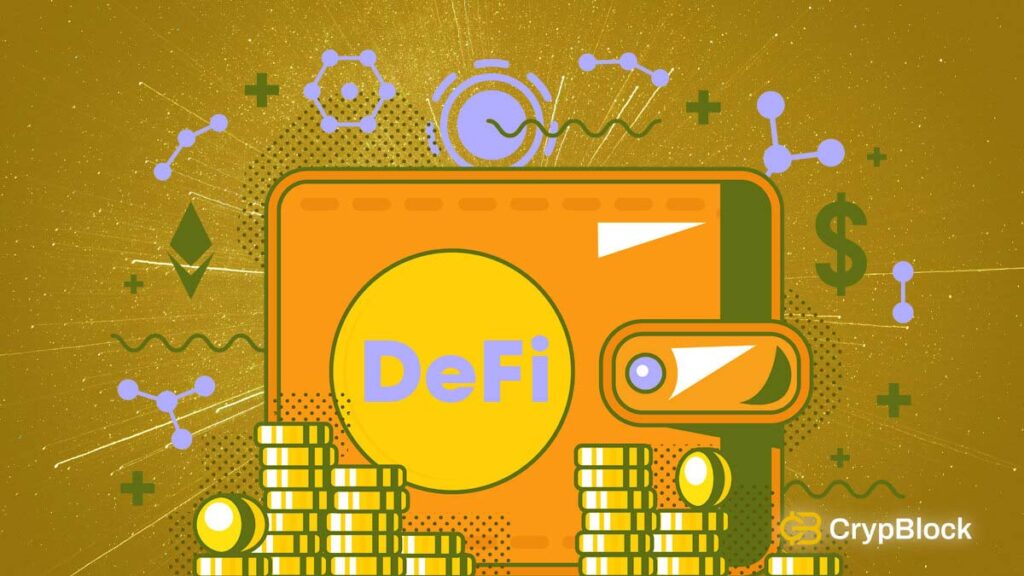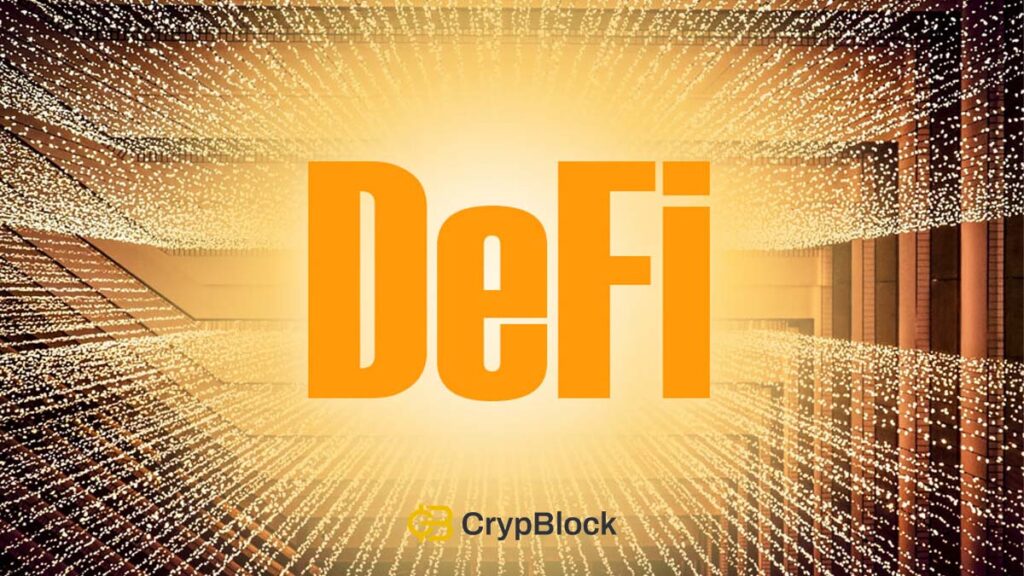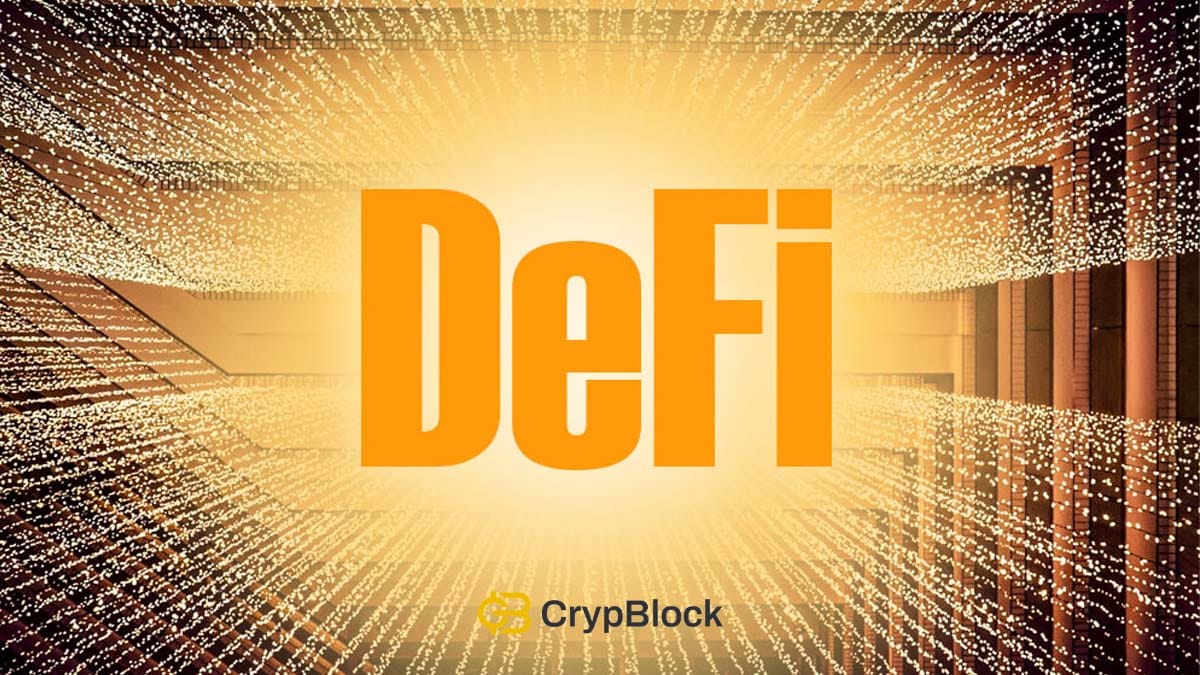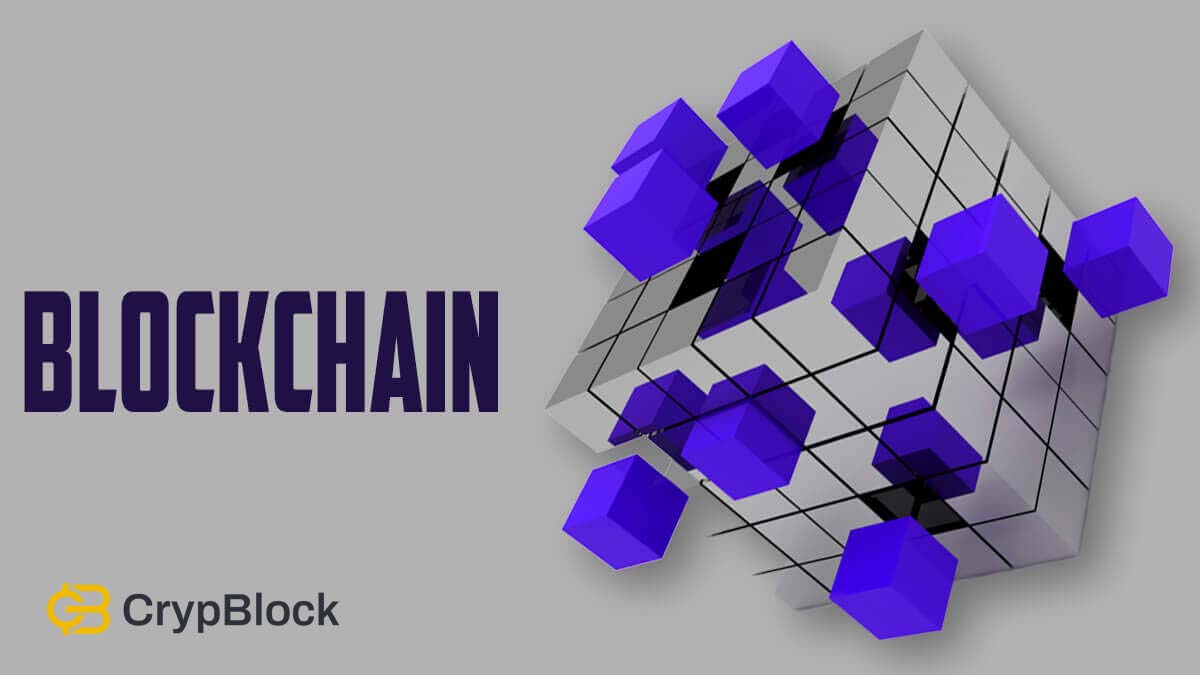Introduction
Today’s finance space is buzzing with talks of Bitcoin, cryptocurrency and blockchain technology. The world seems to have been leaving the traditional banking system behind, and it is happening at a rapid pace. Increasing acceptance, adoption and now excitement about decentralized finance (DeFi) is giving birth to something that can be a nightmare for banking industry. The more people get to know it, the more they admire DeFi beauty.
DeFi Definition
DeFi (short for Decentralized Finance) is a finance system built on blockchain technology capable of running without any intermediaries like banks, brokers or centralized exchanges. In the absence of any third party, blockchain technology runs on programs that intelligently supervise and validate transactions. These programs are called smart contracts.

DeFi Crypto: How Things Work
What is Defi in crypto? People often ask the question. It must be borne in mind that the term DeFi has no other application outside the crypto world. Cryptocurrencies are the tokens mined or earned as rewards from the blockchains. Within the crypto world, only decentralized exchanges are the DeFi examples as the centralized exchanges are themselves the third parties between the customers and crypto projects.
On a Proof-of-work (POW) blockchains like Bitcoin, new coins are mined by solving mathematical puzzles. But DeFi Bitcoin is different from DeFi Ethereum, which has a proof-of-stake (POS) mechanism. In this system, people contribute their assets and earn rewards on them. This is referred to as DeFi staking. If they stake a specific amount stipulated by the blockchain, they can run validator nodes. Is BTC a Defi? If someone asks the question now, you know the answer.
DeFi Restaking
Just like staking, DeFi restaking involves restaking the tokens that are already staked on a chain to earn extra rewards on other chains. This is done by using any of the bridge chains like Polygon, Arbitrum, Avalanche, Wormhole, etc. The original tokens remain on the main chain where derivative representatives are earned. These representatives can then be staked on other chains.
How to Invest in DeFi
To invest on any DeFi platform, you don’t need to log in as you do on any centralized exchange. Rather, a non-custodial wallet is your identity. Your DeFi Login is actually through the wallets like Phantom, Metamask, etc. You transfer funds to an exchange like Uniswap or PancakeSwap to start buying or selling cryptocurrencies.
Decentralized exchanges run on liquidity pools instead of order books. Staked assets provide fuel for transactions. Many blockchains offer lending protocols in addition to buying, selling and staking. These products such as liquidity pools, yield farming, and staking are DeFi instruments, just like traditional finance instruments exemplified by bonds, stocks and bank loans.

DeFi Company
As an investor, when you have learned how to invest, you might move ahead towards the choice of a rewarding but reliable company. However, since decentralized finance is not regulated, controlled and hence not approved by the government. Therefore, DeFi platforms are the organizations run by the holders and stakers. These platforms are also known as DAOs (short for Decentralized organizations). Better liquidity means ease of transactions so in order of liquidity, five top DEXs are the following: Uniswap, PancakeSwap, Aerodrome, Hyperliquid, and Orca.
DeFi Crypto Narratives
Increasing adoption has brough many fields of life into the crypto world. When you study cryptocurrencies on CoinMarketCap, you come across various categories. Many DEXs have their own tokens, which are classified as DeFi tokens, notable examples of which are $UNI, $CAKE, $LINK, $HYPE, etc. Modern trend of artificial intelligence has made many projects incorporate AI features.
Similarly, DeFi Privacy category includes those projects that focuses on protecting users’ data and identity on public blockchains. They make it possible by using tools like zero knowledge proofs, mixers and other privacy-focused protocols. Top coins in this category are $XMR, $ZEC and $WLD.
Influencers are currently vociferous about DeFi RWA. Real World Assets (RWA) refers to tokenization of traditional assets like real estate, bonds or commodities. $HBAR, $XLM and $AVAX are noteworthy examples of RWA DeFi.
Is DeFi Halal or Haram?
Volatility, productivity, privacy and convenience aside, many orthodox Muslims and Christians are still puzzled by the permissibility or prohibition of DeFi in their respective religion. Islam clearly prohibits involvement in the financial matters that have even a trace of riba (usury, interest, or mark-up) and gambling. Not all but many DeFi projects are proclaimed offenders of these two evils. But there are quite a few projects that are quite straightforward in this regard. In short, you need to do your own research in detail about the project in which you want to invest. Not all DeFi projects are haram or halal.
As far as Christianity is concerned, there are no hard and fast financial guidelines like there are in Islam. But in general, exploitation, greed and dishonesty are strictly discouraged in day-to-day financial affairs. If a project is guilty of any of the mentioned unfair practices, it is haram, otherwise halal.
DeFi Risks
Investment in DeFi projects is full of risks. You may face a rug pull, low liquidity, smart contract bugs, to name only a few. Proper study and research of the projects stands you in a good stead as an investor. Lack of knowledge regarding technical and fundamental analysis also leads to irreparable financial loss and undue emotional disturbance.
Bottom Line
Decentralized finance is reshaping the modern economic landscape. Anonymity and transparency offered by DeFi platforms have led to increased adoption. Institutions and governments are coming forward to adding Bitcoins and other cryptocurrencies to their treasuries. Before diving into investment with your real money, it is always advisable to practice trading with mock assets.
What is DeFi? DeFi definition
DeFi is a finance system built on blockchain technology capable of running without any intermediaries like banks, brokers or centralized exchanges.
What is DeFi Staking?
People contribute their assets by locking them for a specific period to earn rewards on them. This is referred to as DeFi staking.
Is DeFi halal?
Islam clearly prohibits involvement in the financial matters that have even a trace of riba (usury, interest, or mark-up) and gambling.
This article is intended for educational and informational purpose only and should not be taken as financial or trading advice. DeFi projects carry risk like smart contract vulnerabilities and market volatility. Readers are advised to do your own research (DYOR) or consult a financial expert.
Umair Younas is a veteran crypto journalist with 6 years of experience. He writes on various categories including Bitcoin ($BTC), blockchain, Web3 and the broader decentralized finance (DeFi) space. He pens well-researched price analysis and prediction articles in addition to credible news articles. He writes easy-to-grasp educational articles to fulfil his aim of creating blockchain awareness.












